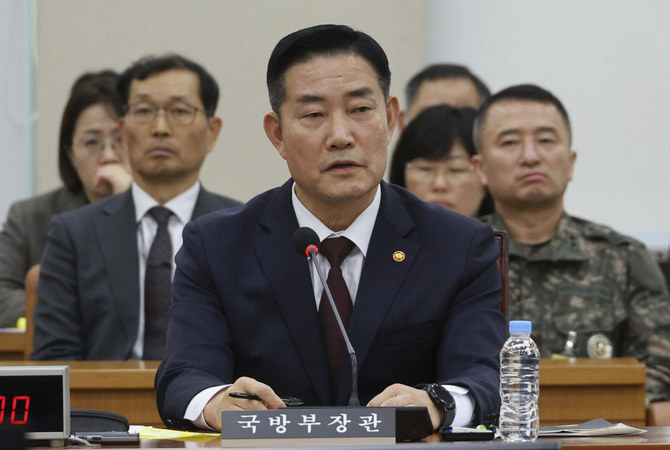
When it comes to the nuclear deal, there are several important parameters the Iranian leaders want in order to ensure that the regime emerges as the sole winner as a result of the agreement.
First of all, the regime desires a deal that removes all US and European financial sanctions immediately, rather than a step-by-step lifting of the sanctions based on periodic verifications that Tehran is complying with the terms of the deal. This will make it much more difficult for the international community to reimpose sanctions, even if the Iranian regime were to be found to be secretly advancing its nuclear program in violation of the nuclear deal.
For example, as part of the 2015 agreement, known as the Joint Comprehensive Plan of Action, the UN lifted all four rounds of crippling sanctions that took decades to impose on the regime, since they required consensus among the five permanent members of the UN Security Council (the UK, China, France, Russia and the US). Even after the theocratic establishment violated all terms and restrictions of the nuclear deal in June 2020 — and in spite of the fact that it is now close to obtaining nuclear weapons — the UN Security Council has not reimposed these sanctions due to a current lack of consensus and the veto power of China and Russia.
The new nuclear pact, which is reportedly close to being agreed, appears to meet this demand of the Iranian leaders. With the removal of sanctions upon the signing of the deal, the agreement will lead to the lifting of economic pressure on Iran, which will likely help Tehran to regain its financial power, halt its currency devaluation and reignite its economy.
Iran’s staggering economic problems — thanks to reduced oil sales, spiking inflation, an increase in unemployment, domestic discontent toward the government, the devaluation of the currency and Tehran’s geopolitical isolation — are bringing the government to its knees by significantly endangering the hold on power of the ruling clerics.
However, the proposed deal will allow Tehran to more freely trade in its metal industry, sell oil, receive several billions dollars of previously frozen assets, lure back Western oil companies, suppress domestic activists and exercise its hegemonic ambitions.
The regime will see any new deal as a green light to pursue its political agenda and ambitions in the region.
Dr. Majid Rafizadeh
The Iranian regime also wants the nuclear deal to have an expiration date. The sunset clauses in the nuclear pact fulfill that objective. These clauses pave the way for the Iranian regime to resume enriching uranium to any level it chooses after the period of time specified in the agreement.
In addition, the Iranian leaders desire a deal that will give it global legitimacy and make the international community less likely to hold Tehran accountable for its military adventurism in the region. The regime will see any new nuclear deal as a green light to pursue its political agenda and ambitions in the region, as well as to consolidate its power and influence in Yemen, Syria, Lebanon and Iraq. It will also be a powerful platform, giving Iran the capability to militarily and economically back its proxies throughout the region, including the Houthis and Hezbollah.
The regime also wants a deal that will remove a deep concern of Supreme Leader Ali Khamenei, which emerged after the recent widespread protests and demonstrations: The possibility of the West attempting to subvert the regime by supporting opposition parties and human rights and democratic movements in Iran.
Domestically speaking, Iranian human rights activists and dissidents are genuinely concerned, believing that a nuclear deal will allow the ruling clerics to suppress domestic opposition with renewed vigor and without reservation.
Furthermore, the Iranian regime is searching for a deal that does not give the International Atomic Energy Agency full access to its military sites, which reportedly have connections to Tehran’s nuclear program. It has a history of building clandestine nuclear sites, which have been revealed and verified. In other words, the regime will be able to reap the advantages of the nuclear deal while continuing to enrich uranium to a high level at undeclared underground nuclear sites.
As a result, the Iranian regime will be in a much stronger position after the nuclear deal is agreed, feeling less pressure to dismantle its nuclear facilities and end its uranium enrichment. There is also the issue of its plutonium reactor, which is believed to have no purpose other than to militarize Iran’s nuclear program.
Finally, Iran wants a deal that does not address or constrain its ballistic missile program, which is linked to its nuclear program.
In a nutshell, the proposed nuclear pact appears to meet all the Iranian regime’s key demands, which will make Tehran the winner after the agreement is signed.
Dr. Majid Rafizadeh is a Harvard-educated Iranian-American political scientist. Twitter: @Dr_Rafizadeh












